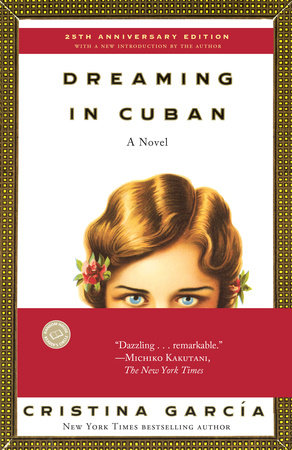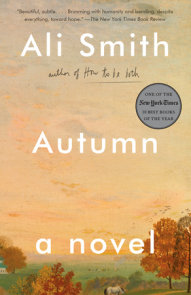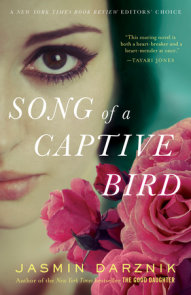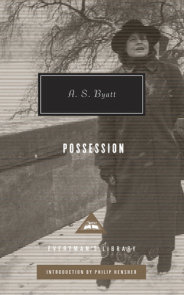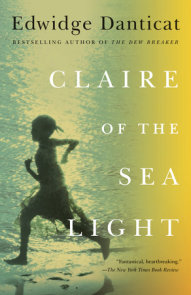READERS GUIDE
Questions and Topics for Discussion
1. What is the nature of Celia’s devotion to the revolution? Why is she such a true believer in it?
2. Why does Celia continue to write Gustavo? What does he represent to her? What purposes do her letters serve in the novel?
3. Why does Jorge come back to visit Celia? Why did he lie about Celia to Lourdes, and why is it important for him to tell her what he ’s done?
4. Though the events of modern-day Cuba are woven throughout the novel, García never refers to Fidel Castro by name, only as El Lider. Why does she do this and what does this bring to the novel?
5. Why does Lourdes defend her daughter after Pilar unveils the punk Statue of Liberty painting?
6. This novel is told from several different perspectives over three generations. What does this technique lend to the novel?
7. The themes of magic and faith are predominant throughout the novel. How do the novel’s characters view magic and faith, and how do they use these qualities in their daily lives?
8. All of the characters seem to be searching to fulfill unnamed desires. Can you identify what each of them want? Does regret play any part in their actions?
9. García writes, “The family is hostile to the individual.” Discuss how this applies to the novel’s characters.
10. How are the many intersections of race and class depicted in the novel?
11. By the novel’s end, all of Celia’s children are lost to her, either by death or estrangement. This is echoed by the troubled relationship between Pilar and Lourdes, the twins’ relationship with Felicia, and the final spiriting away of Ivanito.
What is García trying to show here, and why?
12. The final portion of the book, in which Lourdes and Pilar travel to Cuba, is titled “The Languages Lost.” What do you think this means? How do you interpret the other passage headings?
13. What is Pilar searching for in her relationship with her grandmother? Does she find it?
14. What is Celia’s legacy to Pilar?
15. Why does Pilar lie to Celia at the end? How is the theme of betrayal handled throughout the novel?
16. What is it that drives Celia into the sea at the end? Is it Ivanito’s disappearance or
Pilar’s lying to her or something else?
17. What does the title of the book signify? Who is “dreaming,” so to speak? Do you think García is referring to a specific character or is it a collective dreaming?







